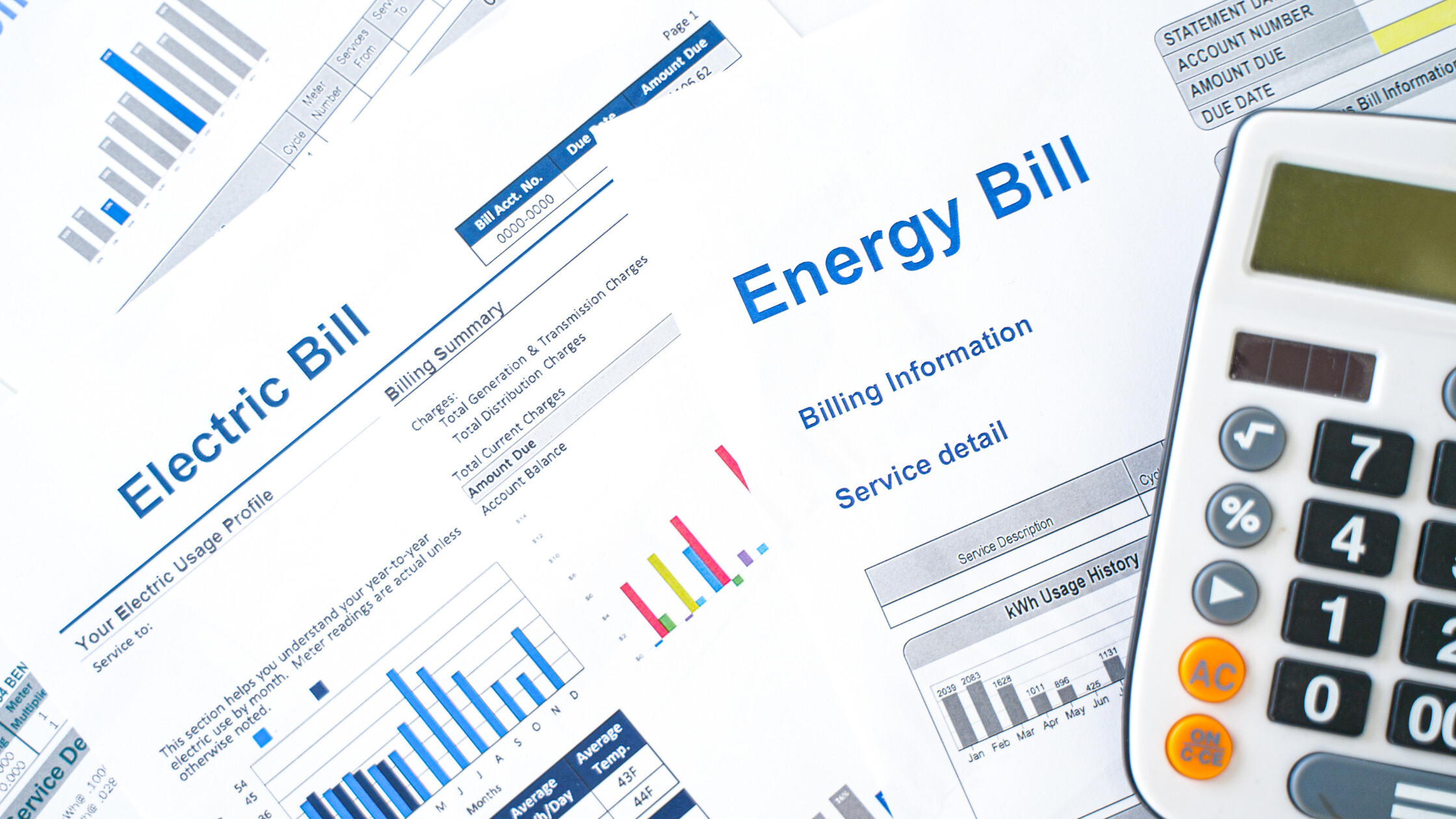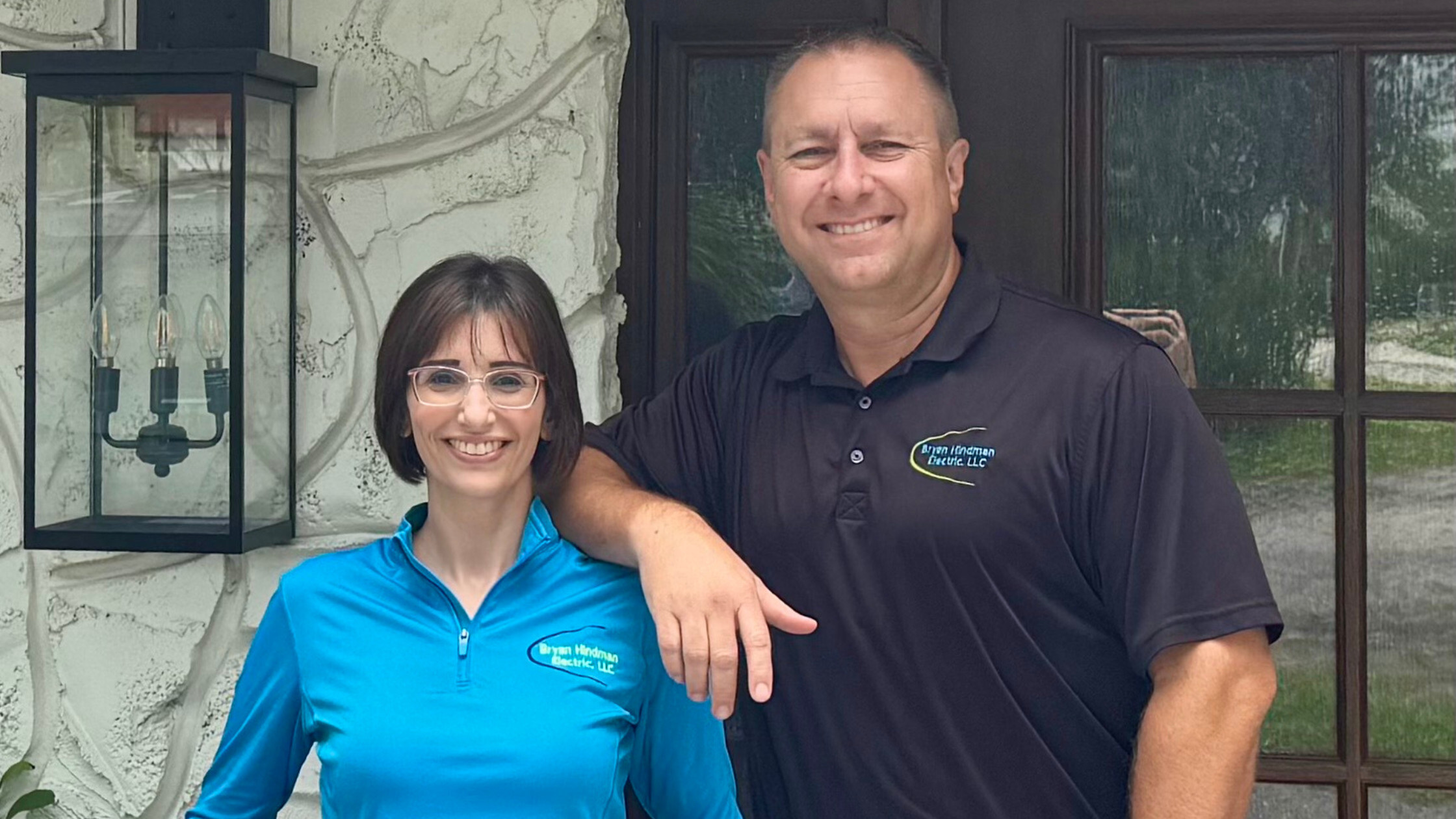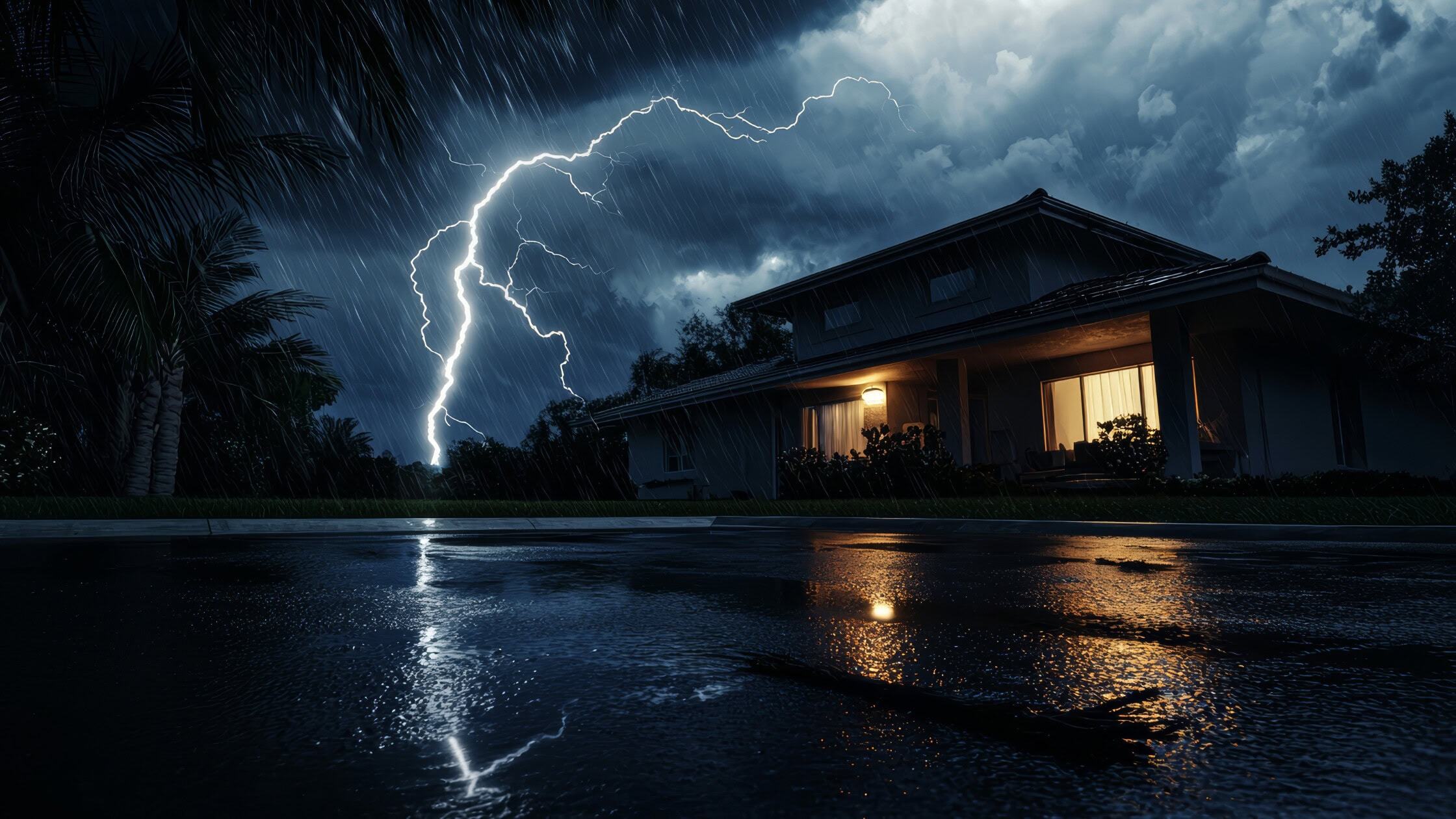Tagged as: Costs, Energy-efficient lighting, TECO
If you’re a homeowner in Hillsborough County, brace yourself: TECO’s residential electric rates are going up starting January 2026—and it won’t be a one-time bump....

Severe storms can be overwhelming, especially when they result in flooding. Our neighbors in Apollo Beach and Ruskin were among those affected by Hurricane Helene, and we want to help by providing some crucial information to ensure everyone’s safety. Remember, each home and its damage can vary greatly, so while we can’t answer all questions through text, we can offer general advice and safety tips. Here’s what to do if your home has experienced flooding and you’re concerned about electrical safety.
Before addressing any electrical issues, ensure the flooded area is dry. Water and electricity are a dangerous combination, and moisture can damage electrical systems, increasing the risk of short circuits, corrosion, or fires. Patience is crucial—wait for the area to dry out completely before inspecting or repairing anything.
If your home was exposed to saltwater flooding, be aware that the risks are higher. Saltwater is particularly corrosive and can quickly degrade wiring, outlets, and circuit breakers. Even if everything appears fine on the surface, internal components could be compromised, leading to long-term issues if not properly evaluated and repaired.
Do not attempt any repairs until Tampa Electric Company (TECO) or your local utility provider has restored power and confirmed it is safe to proceed. Working on your electrical system while external repairs are ongoing can be hazardous. Once the external power supply is stable, you can then focus on addressing internal electrical concerns.
It might be tempting to handle minor fixes yourself, but DIY electrical repairs can be extremely dangerous after flooding. Water can cause hidden damage that may not be immediately apparent. Attempting repairs without the proper expertise can result in serious injury or more costly damage. Always consult a professional before making any adjustments to your electrical system.
Given that every situation is unique, consulting a licensed electrician is essential to assess the full extent of the damage and ensure the safety of your home. Professional electricians have the necessary training and equipment to diagnose and repair any issues safely.
Unfortunately, storm recovery can attract unscrupulous individuals looking to take advantage of the situation. Be wary of anyone offering quick fixes or unlicensed repairs. Always verify the credentials of anyone working on your home and get multiple quotes if possible to ensure you are not overcharged.
Final Thoughts
After a storm, it’s natural to want to return to normal as soon as possible. However, when it comes to your home’s electrical system, caution is always best. You are in our thoughts - stay safe!


